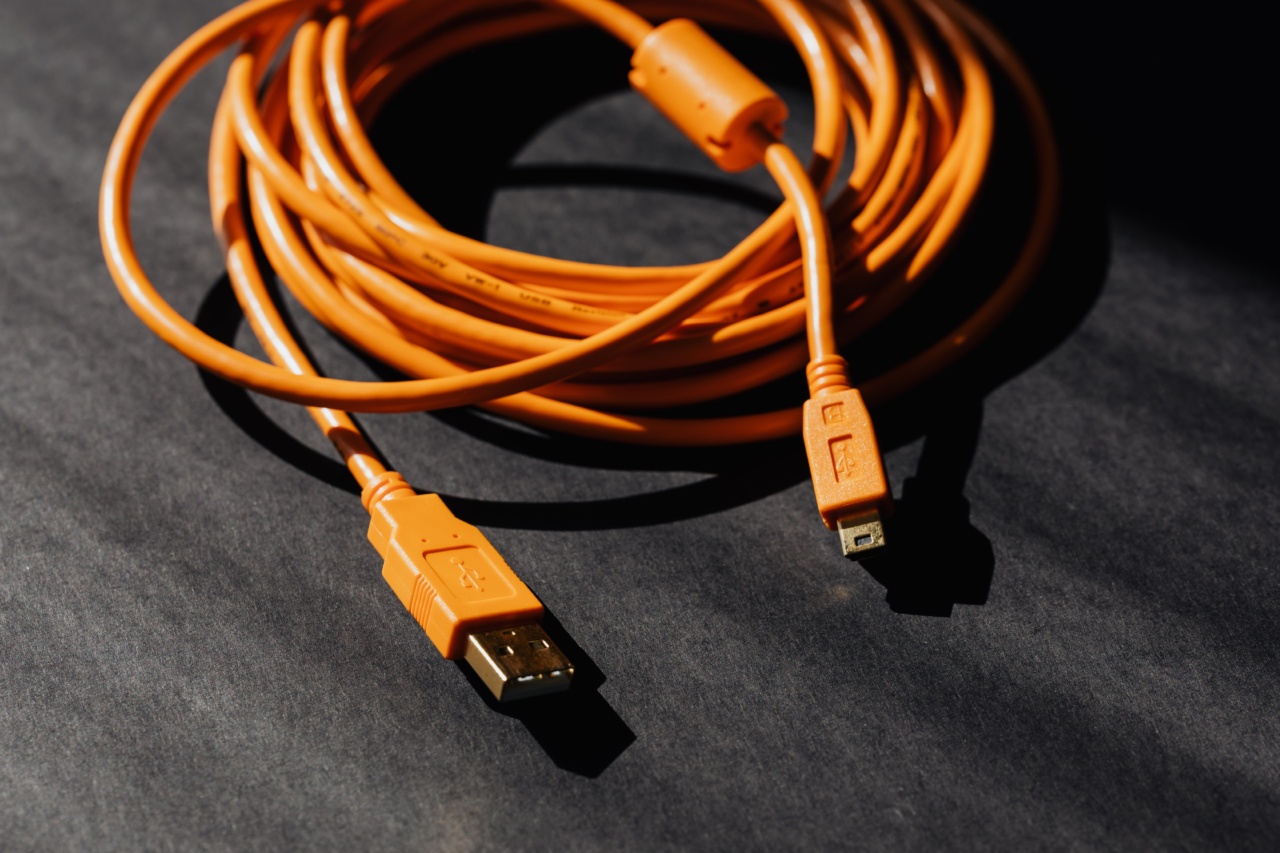Agoraphobia is a type of anxiety disorder, while epilepsy is a neurological condition. These two conditions may appear to be unrelated, but numerous studies suggest that there is a link between them.
The Link Between Agoraphobia and Epilepsy
Epilepsy is a condition that is characterized by recurrent seizures. These seizures are caused by abnormal electrical activity in the brain.
Agoraphobia, on the other hand, is a condition whereby an individual fears being in a situation where they would find it difficult to leave or get help if they had a panic attack or other similar occurrences.
The connection between the two conditions is due to their shared symptoms.
Individuals with epilepsy are likely to experience anxiety at some point in their lives, with agoraphobia being one of the most common types of anxiety found in people with epilepsy. According to research published in the Journal of Contemporary Psychotherapy, at least 20% of individuals with epilepsy experience agoraphobia symptoms in their lifetime.
One of the possible reasons for this link is that both conditions are connected to the amygdala, the part of the brain responsible for processing emotions and memories.
Studies have shown that the amygdala plays a significant role in anxiety disorders, including agoraphobia, and also in seizures related to epilepsy.
Another theory suggests that individuals with epilepsy tend to avoid situations that could trigger seizures, and this avoidance could lead to the development of agoraphobia.
For example, a person with epilepsy might avoid crowded places or driving, as these situations could trigger a seizure. Over time, this avoidance behavior can create a fear of being outside of the house, leading to a development of agoraphobia.
Symptoms of Agoraphobia and Epilepsy
Both agoraphobia and epilepsy have several common symptoms. These include:.
Agoraphobia Symptoms
- Fear of leaving the house or public places
- Fear of crowds
- Panic attacks
- Feeling helpless or trapped
- Avoiding situations that could trigger panic attacks
- Depression and anxiety
Epilepsy Symptoms
- Recurrent seizures with an altered level of consciousness
- Convulsions, twitching or jerking movements
- Temporary confusion and memory loss
- Uncontrollable movements such as flailing arms
Treatment Options
Treatment for agoraphobia and epilepsy varies depending on the severity of the condition, the age, and the individual’s overall health. Treatment options for agoraphobia include:.
- Talk therapy, including cognitive-behavioral therapy (CBT)
- Exposure therapy
- Anti-anxiety medication
For epilepsy, treatment options include:.
- Anti-epileptic medication
- Surgery to remove parts of the brain that can trigger seizures
- Vagus nerve stimulation
In some cases, individuals with agoraphobia and epilepsy may need to undergo both psychotherapy and medication in order to successfully manage their symptoms.
Conclusion
While agoraphobia and epilepsy are two distinctly different conditions, they can be inter-related. It’s crucial to recognize the presence of both conditions and seek appropriate treatment.
Individuals with epilepsy who experience anxiety symptoms, including agoraphobia, should consult their doctor for the best course of action. Early diagnosis and treatment play a crucial role in managing the symptoms of both agoraphobia and epilepsy.





























